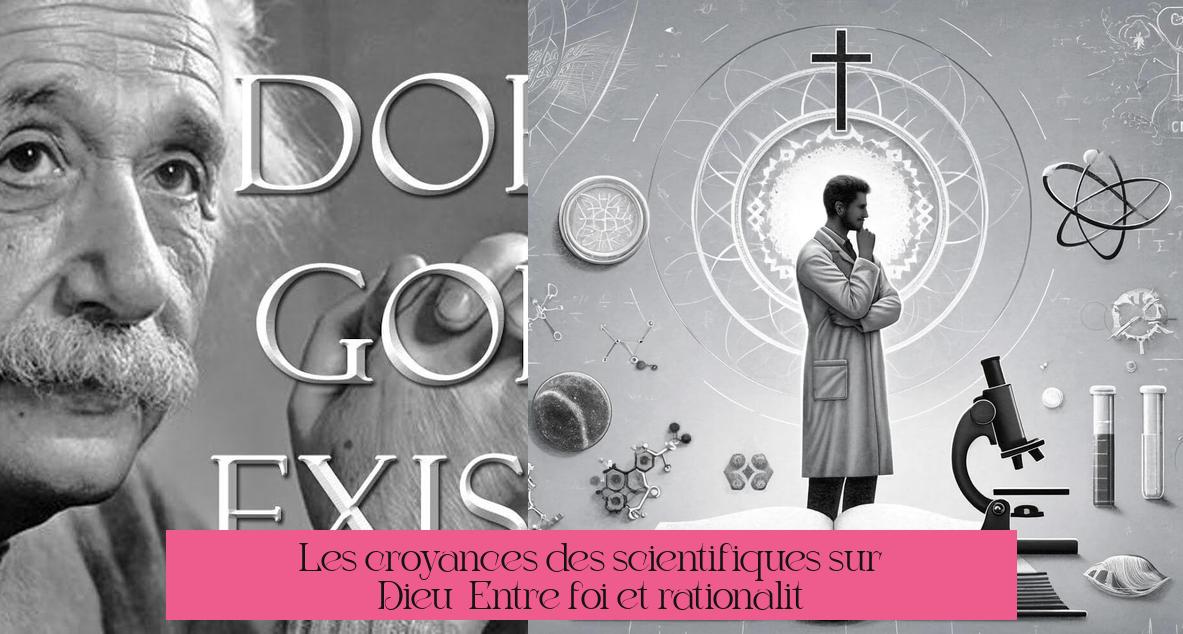Les scientifiques croient-ils en Dieu ?
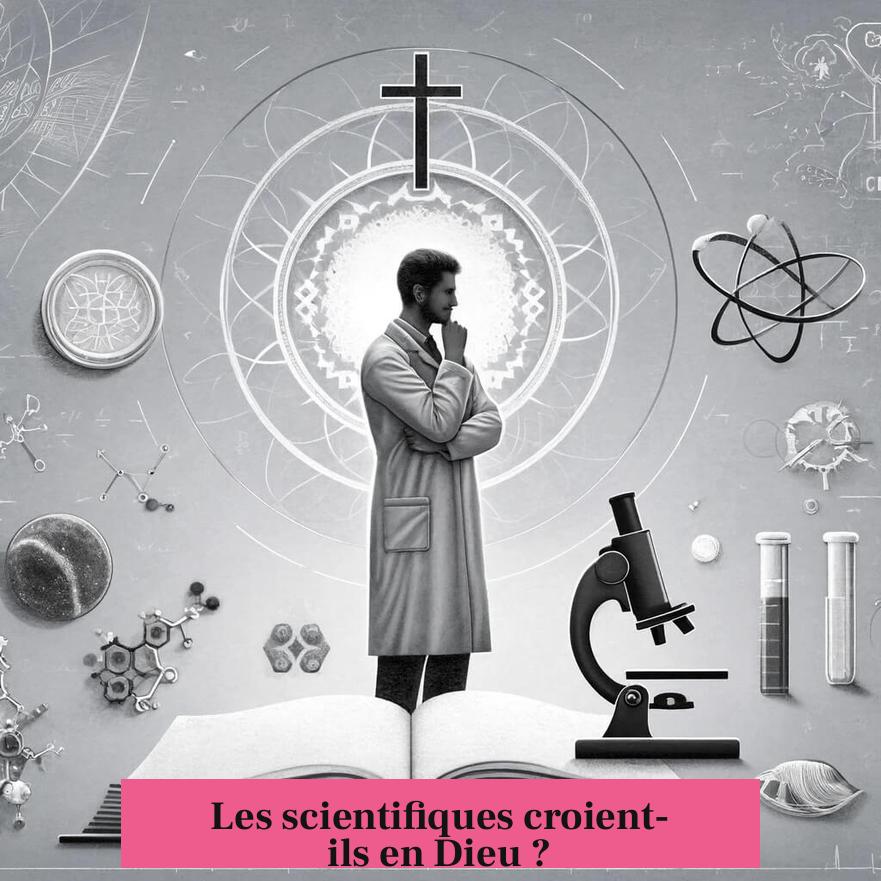
Environ la moitié des scientifiques croient en une forme de divinité ou de puissance supérieure. Selon une enquête du Pew Research Center (2009), 33 % d’entre eux affirment croire en Dieu, tandis que 18 % croient à un esprit universel ou à une puissance supérieure. Cependant, 41 % déclarent ne croire ni en Dieu ni en une quelconque force divine.
Portrait statistique des croyances des scientifiques
- 33 % des scientifiques croient en Dieu ; 18 % croient à une puissance supérieure.
- 41 % ne croient ni à Dieu ni à un esprit universel.
- En comparaison, 83 % du grand public croient en Dieu, et 12 % en une puissance supérieure.
- Près de la moitié des scientifiques (48 %) n’ont aucune affiliation religieuse, contre 17 % du grand public.
- Le groupe des scientifiques compte moins de protestants (21 %), moins de catholiques (10 %) et moins d’évangéliques (4 %) que la population générale.
Variations selon les disciplines et l’âge
- Les chimistes affichent la plus forte croyance en Dieu (41 %).
- Les jeunes scientifiques (18-34 ans) sont plus enclins à croire en Dieu ou en une force supérieure que leurs aînés.
Diversité des croyances parmi les figures scientifiques
| Figure | Buts ou Positions | Contexte |
|---|---|---|
| Isaac Newton | Déiste et théologien dévoué | Considérait que la science dévoile la création divine |
| Gregor Mendel | Religieux et scientifique | Moine et père de la génétique moderne |
| Charles Darwin | Agnostique à la fin de sa vie | Sa théorie de l’évolution a heurté la religion traditionnelle |
| Carl Sagan | Sceptique, agnostique | Promouvait la recherche empirique et l’esprit critique |
| Francis Collins | Chrétien évangélique | Directeur du NIH, il voit science et foi compatibles |
| Steven Weinberg | Athée | Considère religion et science comme conflictuelles |
Science et religion : une relation complexe
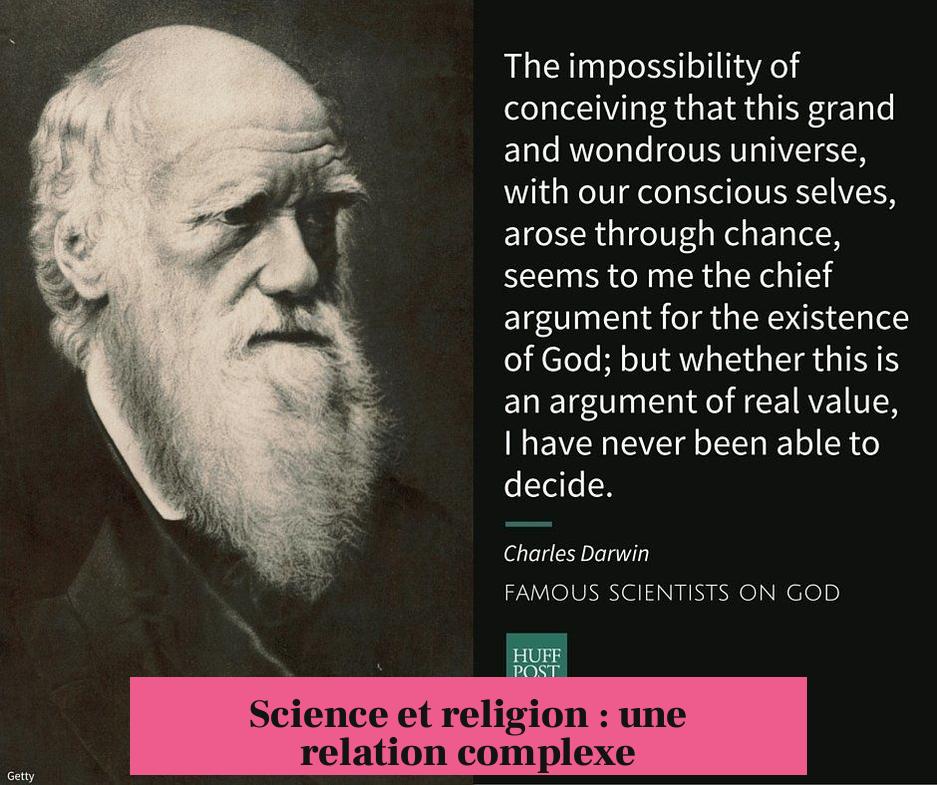
Philosophie et acceptation de l’inconnu
La science repose sur des preuves empiriques et exclut la foi. Elle ne peut ni prouver ni infirmer l’existence de Dieu, car aucune expérience ne détecte Dieu. Des scientifiques utilisent la même logique pour arriver à des conclusions différentes, ce qui montre que la foi dépasse la portée scientifique.
Isaac Newton, fervent croyant, illustre l’engagement théologique malgré ses avancées scientifiques. Stephen Jay Gould propose la théorie des “magistères non recouvrants” (NOMA), séparant les domaines de la science (faits) et de la religion (valeurs). Richard Dawkins, au contraire, voit une contradiction entre foi et science.
Les visions d’univers selon les scientifiques
- Stephen Hawking conceptualise Dieu comme les lois impersonnelles de la nature, niant la nécessité d’un créateur personnel.
- Il explique l’origine de l’univers par un Big Bang spontané selon les lois physiques.
- Il reconnaît que la question du “pourquoi” de l’existence de l’univers reste ouverte.
Impact des découvertes scientifiques sur les croyances
La théorie de l’évolution a remis en question les visions religieuses traditionnelles de la création. Certaines découvertes suggèrent une “fine tuning” de l’univers, interprétée par certains comme indice d’un concepteur. Ces découvertes laissent place à une grande diversité d’opinions.
Évolution historique des croyances scientifiques
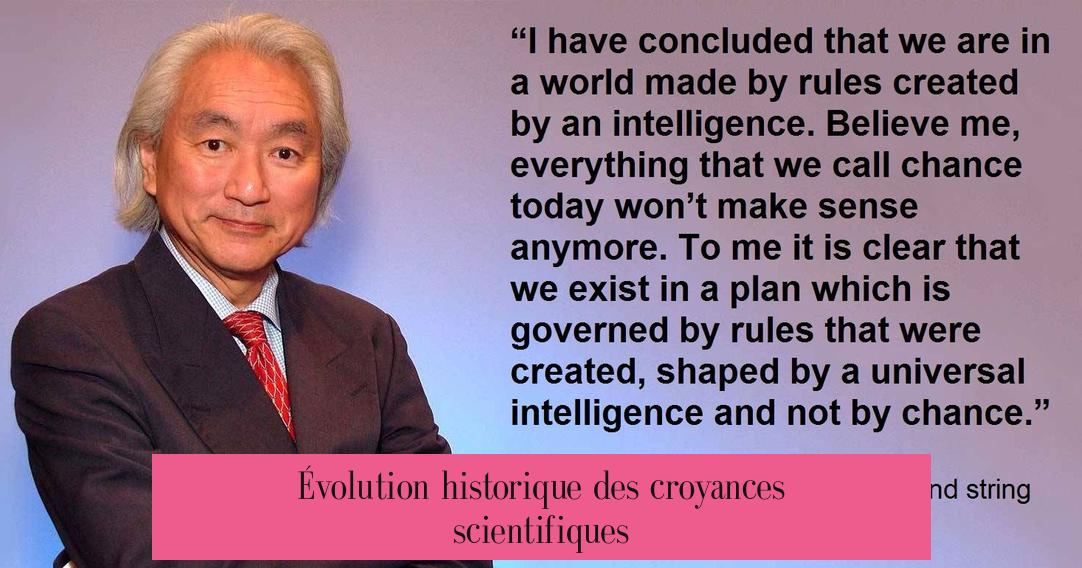
En 1914, James Leuba recensait des taux de croyance et de non-croyance partagés à parts égales (42 % chacun). Plus de 80 ans après, Edward Larson retrouvait des résultats très similaires : environ 40 % croyaient en Dieu et 45 % non. Ces chiffres montrent une stabilité relative dans le temps.
Influence du contexte culturel et personnel
- Les scientifiques dans des sociétés plus laïques (Europe occidentale) tendent vers l’athéisme ou l’agnosticisme.
- Aux États-Unis, plus religieux, les croyances restent plus présentes parmi les scientifiques.
- Les institutions scientifiques où le scepticisme est valorisé voient une proportion plus élevée d’athées et d’agnostiques.
- Les dialogues ouverts favorisent cependant une diversité d’opinions spirituelles.
Points clés :
- Environ 51 % des scientifiques croient en Dieu ou une puissance supérieure.
- Nombreux scientifiques mêlent foi et quête scientifique, comme Newton ou Collins.
- La science ne peut ni prouver ni réfuter Dieu ; croyance et méthode scientifique traitent des domaines différents.
- Les statistiques montrent une stabilité des croyances au fil des décennies.
- Les croyances dépendent aussi du contexte culturel, générationnel et disciplinaire.
Do Scientists Believe in God? Exploring the Crossroads of Faith and Science
Do scientists believe in God? The straightforward answer is: it depends. Roughly one-third of scientists affirm belief in God, but others lean toward agnosticism or atheism. The landscape is varied, complex, and far from monolithic. This topic continues to intrigue, puzzle, and sometimes polarize both the scientific community and the public. Let’s unravel this fascinating tapestry together.
A Snapshot of Scientists’ Beliefs
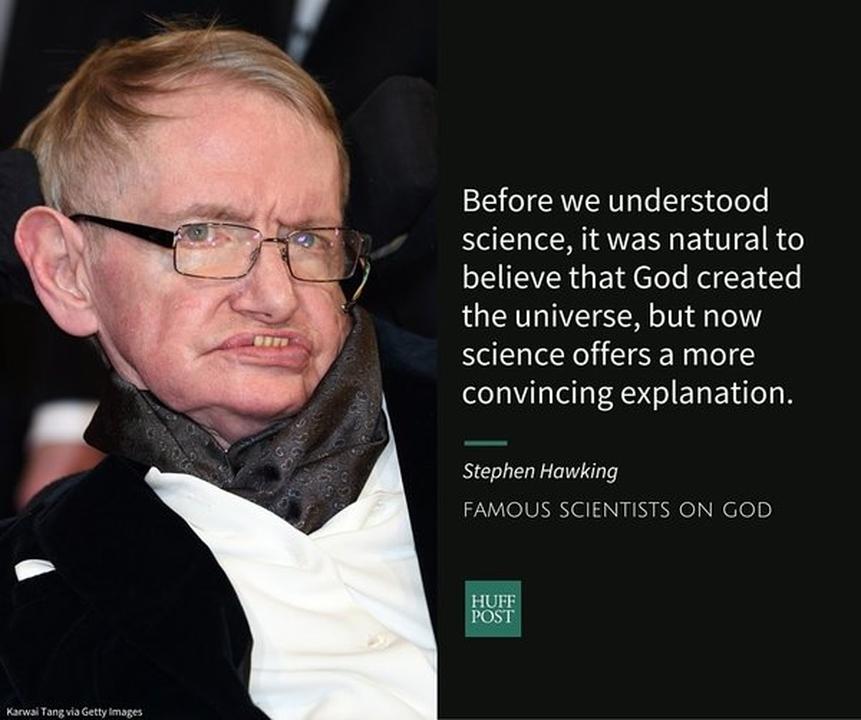
According to a 2009 survey from the Pew Research Center, 33% of scientists say they believe in God. Another 18% believe in a “universal spirit” or some higher power, leaving approximately 41% who do not embrace either belief. That’s quite a spread—nearly half of scientists don’t hold conventional theistic views.
Contrast this with the general public, where belief in God reaches a whopping 83% and 12% favor belief in a higher power. Only 4% of the general population say they do not believe in either, a stark difference from the scientific world’s 41%. So yes, scientists are more skeptical on average, but faith is far from absent.
Historical Trends: Has Anything Changed?
Survey data aren’t just a snapshot—they tell a story across time. Back in 1914, psychologist James Leuba’s research found almost exactly the same: 42% of scientists believed in a personal God, while 42% did not. Fast forward to 1996, Edward Larson’s replication showed a similar split. The needle on belief among scientists has barely budged over a century.
The stability is fascinating given how much science’s domain expanded in that period. Do scientific breakthroughs unsettle faith or reinforce it? It seems some beliefs are remarkably resilient. Maybe science challenges religion and sometimes rejuvenates faith—depending on who you ask.
Discipline Matters: Chemists Very Likely to Believe
Turns out, which scientific field you’re in influences your spiritual views. Chemists top the charts with 41% saying they believe in God—the highest among major fields. That slightly outpaces physicists, biologists, and geologists.
Why chemists? Hard to say exactly. Maybe dealing with molecules and reactions sparks an appreciation for complex design. Or it might reflect cultural and educational factors skewed within disciplines. Either way, this nuance reminds us that scientists are far from a uniform bloc.
Famous Scientists: A Gallery of Belief and Skepticism
Historical figures stretch the belief spectrum. Isaac Newton, one of the greatest minds ever, was devout. He saw science as a way to decode God’s creation. Similarly, Gregor Mendel, the father of genetics, was an Augustinian friar who merged faith and science seamlessly.
On the flip side, Charles Darwin wrestled deeply with faith, especially after personal tragedy. Though not aggressively atheist, he evolved toward agnosticism. Carl Sagan, a modern science icon, championed empirical skepticism and remained agnostic about God’s existence. These variegated profiles highlight how personal experience often shapes belief.
Philosophy and Science: Can Proof Meet Faith?
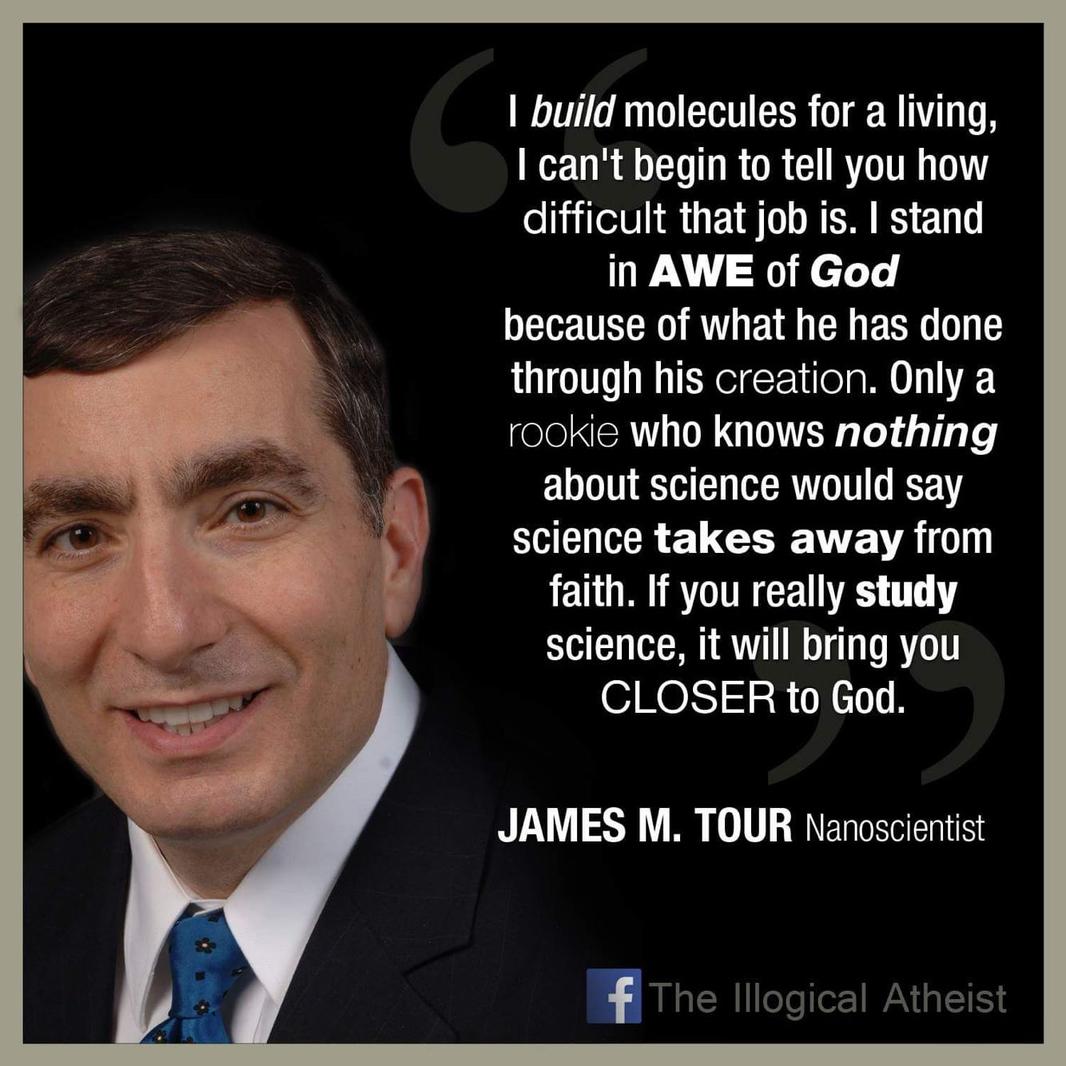
The heart of the debate boils down to a philosophical puzzle: science demands evidence; religion demands faith. Scientists typically don’t attempt to prove or disprove God. Why? Because there’s no experiment that can detect God’s existence or absence. That places belief about God outside the limits of empirical science.
Consider Isaac Newton’s devout yet unorthodox Christianity. Or Stephen Jay Gould’s idea of Non-Overlapping Magisteria (NOMA), which claims science and religion govern different realms—science explains facts, religion interprets meaning. Yet figures like Richard Dawkins argue that faith conflicts with scientific evidence, clearly disagreeing with NOMA.
John Polkinghorne, both a physicist and theologian, offers a bridge: science and religion both pursue truth and can enrich one another. Then, Paul Tillich encourages reinterpreting religious symbols in light of scientific advances. The conversation keeps evolving, muddled yet rich.
Cultural Backdrop Shapes Belief
Culture matters, big time. Scientists in largely secular European countries tend to be less religious than those in countries like the U.S. The scientific community overall has fewer Protestants and Catholics than the general public but a relatively larger Jewish representation.
Your religious identity often co-evolves with your community and culture. Younger scientists hold slightly more belief in higher powers than their elders, suggesting cultural shifts in both directions—hope, reinvention, or skepticism reign supreme depending on the cohort.
Personal Stories: Voices from the Scientist’s World
Francis Collins, director of the NIH and a devout evangelical Christian, openly shares how scientific work, including the human genome project, deepened his faith. He posits harmony between science and religion is possible—some might even say necessary.
Neil deGrasse Tyson, outspoken astrophysicist, embraces agnosticism. He insists on testability and empirical evidence, remaining wary of claims outside scientific proof. Allan Sandage, who converted to Christianity late in life, felt faith answered questions science could not touch.
Steven Weinberg, Nobel laureate, famously regarded religion and science as incompatible—he favored a strictly scientific worldview. This diversity among leaders emphasizes that belief is personal, not dictated by the science itself.
Scientific Views on the Universe and God’s Role
Consider Stephen Hawking: he suggested scientific laws, like gravity, could be called ‘God’ in an impersonal sense. His view rejects a personal deity, arguing the universe may have originated spontaneously, governed entirely by physical laws such as the Big Bang.
He admitted science hasn’t answered why these laws exist or the universe began—but feels philosophical questions dissolve into scientific inquiry rather than theological speculation.
The Impact of Discoveries on Faith
Scientific advances provoke both challenge and inspiration. Evolution, for example, shook traditional religious understandings of creation. Some see this as undermining faith; others, like proponents of theistic evolution, reconcile scientific explanations with belief in a divine creator.
The fine-tuning argument draws from cosmology: the universe’s physical constants are precisely calibrated for life, suggesting design. For some scientists, this is evidence of a higher intelligence. Others see it as a happy coincidence or the natural outcome of multiverse theories.
Summary: Faith and Science Are Not Enemies
- Scientists’ beliefs about God range widely—from firm faith to deep skepticism.
- Belief among scientists is lower than in the general public but is significant and persistent.
- Science neither confirms nor denies God, leaving space for varied personal conclusions.
- Historical figures exemplify the rich tapestry of belief, showing it’s not dictated by scientific prowess.
- The philosophical gulf between empirical evidence and faith underpins much debate.
- Cultural background and scientific discipline influence belief patterns.
- Ongoing dialogue across science, theology, and philosophy continues to shape perspectives.
Final Thought: Is It About Belief or Understanding?
Here’s a question to ponder: does it even matter what scientists believe about God? Scientists seek to understand the universe through observation, hypothesis, and evidence. But questions about ultimate purpose, meaning, or divinity often wander beyond the microscope’s view.
Maybe it’s less about the belief itself and more about how those beliefs shape how we live, ask questions, and treat one another. In a universe vast enough to foster both galaxies and atoms, skepticism and faith coexist—sometimes uneasily, sometimes harmoniously.
So next time you wonder about scientists and God, remember: the story is as diverse and complex as science itself. Curiosity drives both realms, and both ask big questions. Maybe the real mystery is not whether God exists, but how humankind embraces the unknown—quite the scientific and philosophical journey ahead!
Les scientifiques croient-ils majoritairement en Dieu ?
Selon une enquête du Pew Research Center, environ 33 % des scientifiques déclarent croire en Dieu. Cependant, 41 % ne croient ni en Dieu ni en une puissance supérieure.
Comment la discipline scientifique influence-t-elle la croyance en Dieu chez les scientifiques ?
Les chimistes sont plus enclins à croire en Dieu (41 %) comparé à d’autres disciplines. Ce taux varie selon les domaines, reflétant des différences culturelles et méthodologiques.
Les croyances des scientifiques ont-elles évolué au fil du temps ?
Les enquêtes de 1914 et 1996 montrent des résultats similaires : autour de 40 % croyaient en un Dieu personnel à ces deux époques. La diversité des croyances est stable sur le long terme.
Comment certains scientifiques célèbres ont-ils concilié science et foi ?
Isaac Newton et Gregor Mendel étaient croyants et voyaient la science comme un moyen d’explorer la création divine. D’autres, comme Carl Sagan, étaient agnostiques et privilégiaient le scepticisme scientifique.
La science peut-elle prouver ou infirmer l’existence de Dieu ?
La science se base sur des preuves empiriques. Elle ne peut ni confirmer ni infirmer l’existence de Dieu, car cette question dépasse son champ d’investigation.

